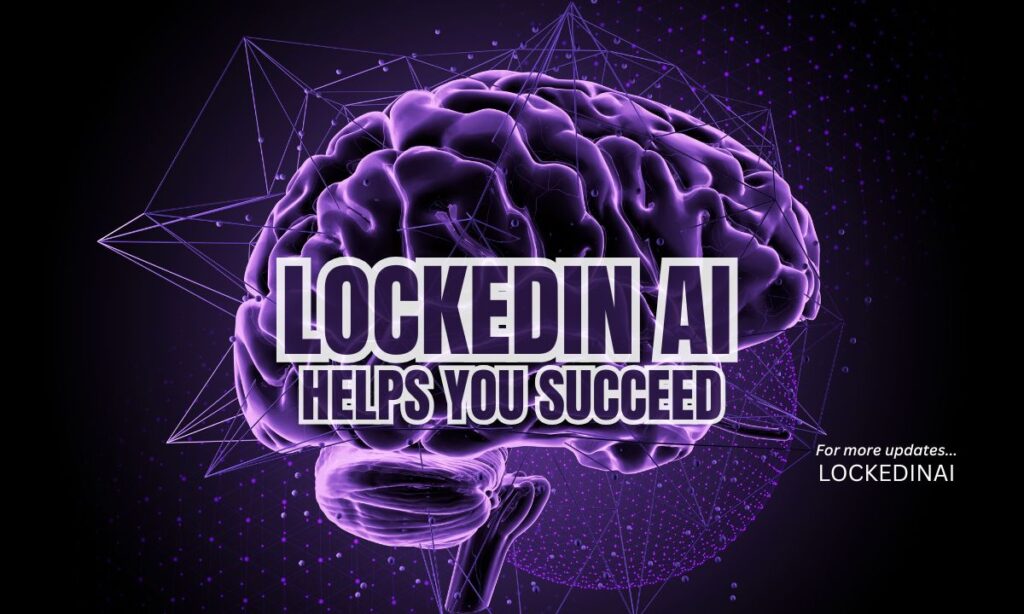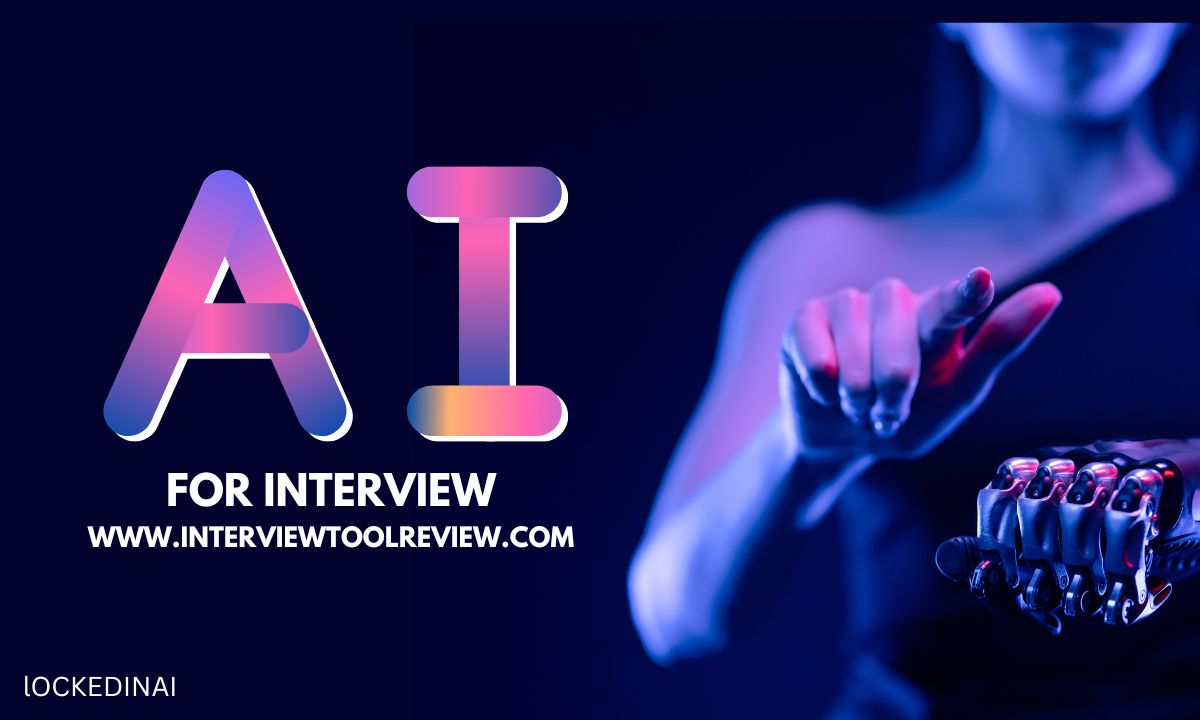Introduction
Cracking interviews today isn’t just about being qualified—it’s about how well you present your story. You could have the right skills, but without clear, confident communication, your chances shrink. That’s why more candidates are turning to AI For Interview practice.
These intelligent tools are more than just mock tests—they replicate real-world conditions, track performance, and offer feedback that helps you improve. Platforms like LockedIn AI are making it possible to simulate interviews that feel just like the real thing, but with zero pressure.
Why AI For Interview Preparation Works So Well
Using AI For Interview coaching helps bridge the gap between knowing your content and delivering it effectively. You can rehearse your elevator pitch, nail behavioral questions, and fine-tune your communication—all in one place.
What makes it powerful?
- Simulated pressure: Prepares you for the real-world environment.
- Instant analysis: Get real-time feedback on how you speak and structure answers.
- Role-specific scenarios: From internships to C-suite roles, content is tailored.
- Flexible practice: Use it anytime—before work, on weekends, or even late at night.
LockedIn AI, for instance, allows users to work on weak areas privately, building real confidence over time.
Key Benefits of Using AI Interview Tools
Interview prep used to rely on guesswork or practicing in front of a mirror. But now, you can use tools that not only ask the right questions, but also grade your answers.
Why AI For Interview prep is more effective than traditional methods:
- It mimics real interviews: From intro to close, every detail is realistic.
- You gain structured feedback: Know what to fix and where you excel.
- Speech tracking features: Detect filler words, speed, pauses, and pitch.
- Data-driven learning: See how you improve over multiple attempts.
- Comfort builds naturally: The more you practice, the smoother your delivery becomes.
When Should You Start Using AI For Interview Help?
The best time to start was yesterday. The second-best time? Now. Here’s when AI For Interview tools become especially helpful:
- If you're actively applying for jobs but not landing interviews.
- If you get interviews but freeze when answering.
- If you’re changing industries and unsure what to expect.
- If you're preparing for technical or behavioral rounds.
- If you haven’t interviewed in a long time.
Early, consistent practice helps eliminate nerves and improve first impressions.
Real Impact of Practicing With AI Tools
Practicing without feedback can lead to bad habits. But AI For Interview prep tools help refine your responses by highlighting mistakes instantly and guiding you toward better phrasing.
Benefits include:
- Learning how to pace your speech
- Structuring answers using proven frameworks like STAR
- Reducing overuse of filler words
- Improving vocal tone and clarity
- Becoming aware of unconscious habits
These small but impactful changes can mean the difference between a “maybe” and a job offer.

Who Can Benefit Most From AI Interview Tools?
While anyone preparing for interviews can benefit, these groups will see the quickest results:
- College students doing campus placements
- Job switchers navigating unfamiliar industries
- Re-entry professionals returning after a career break
- Candidates applying to MNCs or startups
- Professionals preparing for promotions
No matter where you stand, AI For Interview platforms meet you where you are—and take you higher.
Conclusion
In today’s hyper-competitive job landscape, winging it doesn’t work anymore. Preparation has to be sharp, strategic, and consistent. With AI For Interview tools, you’re not only practicing—you’re growing in real-time, backed by intelligent systems that know what recruiters are really looking for.
Platforms like LockedIn AI are taking this a step further by making elite-level coaching available to everyone. Whether it’s your first job or a career leap, AI is now your most reliable practice partner. Why just hope for the best, when you can train for it?
FAQs
What does AI For Interview practice include?
It includes simulated interview questions, speech feedback, and improvement tracking for better performance.
Are AI interview platforms useful for all job levels?
Yes, from entry-level to senior roles, AI tools tailor content to your position and industry.
Can AI detect speaking mistakes?
Absolutely. These tools highlight filler words, pacing issues, and poor sentence structure.
How many practice sessions are enough?
Practicing 4–6 sessions before a real interview can boost clarity and confidence significantly.



